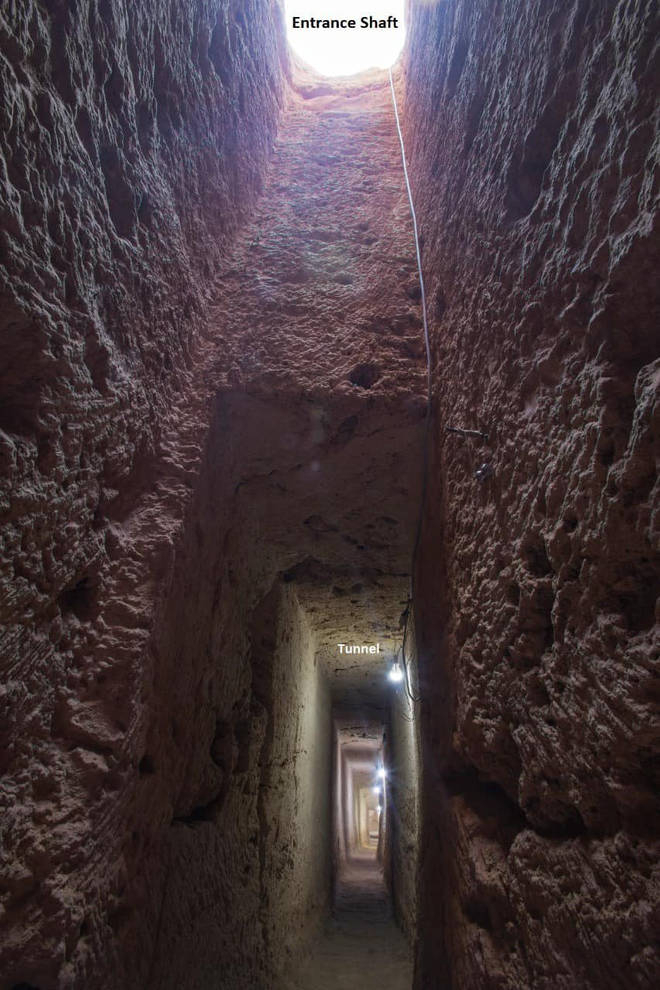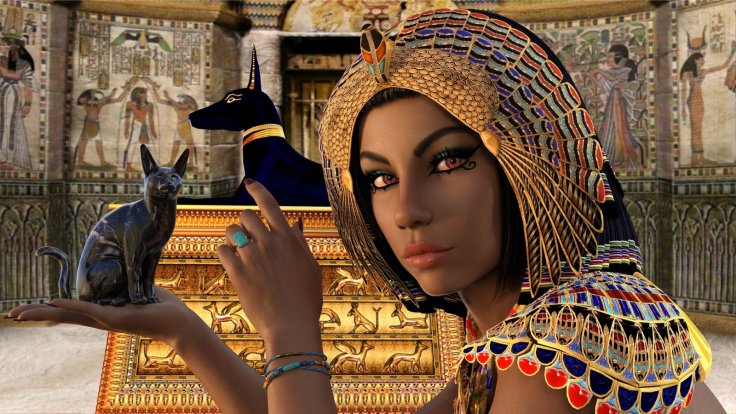Archaeologists have made an exciting discovery of an underground tunnel near the city of Alexandria, in Egypt, which they hope will lead them to the long-lost tomb of Queen Cleopatra VII, the last ruler of Ptolemaic Egypt from 51 to 30 B.C.E.
According to Egypt's Tourism and Antiquities Ministry, the 1.3 km-long tunnel was cut into the rock beneath Egypt's ancient Taposiris Magna Temple. It's located more than 13 metres underground. The ministry described this as a "geometric miracle".
Perfect Place for the Tomb
Kathleen Martinez, an archaeologist at the University of San Domingo who led the excavation project, has been searching for the tomb for the last 20 years. She is confident that after more than a decade of research that Taposiris Magna, Egyptian God of the Dead – Osiris, was a leading candidate for the last pharaoh's burial spot.

A part of the tunnel was submerged underwater. Archaeologists say the temple's foundations are also underwater because of scores of earthquakes, nearly 23, that hit the area between 320 and 1303 AD.
Martinez believes this is the perfect place for Cleopatra's tomb. "If there is one percent chance that the last queen of Egypt could be buried there, it is my duty to search for her. If we discover the tomb, it will be the most important discovery of the 21st century," she said. "If we do not discover the tomb, we made major discoveries here, inside the temple and outside the temple."
The excavation team have found mummies with golden tongues and a cemetery containing Greco-Roman-style mummies buried facing the temple. The finds support Martinez's theory that a royal tomb was indeed built in the area. They also found 22 coins, some bearing the names of Queen Cleopatra and Alexander the Great, depicting Cleopatra's image and a bust, as well as ancient statues of the Egyptian goddess Isis.

Queen Cleopatra was known for her beauty, wit, charm and intellect. She was said to be seductive and persuasive. Cleopatra ruled Egypt for 21 years and controlled the entire eastern Mediterranean coast.









